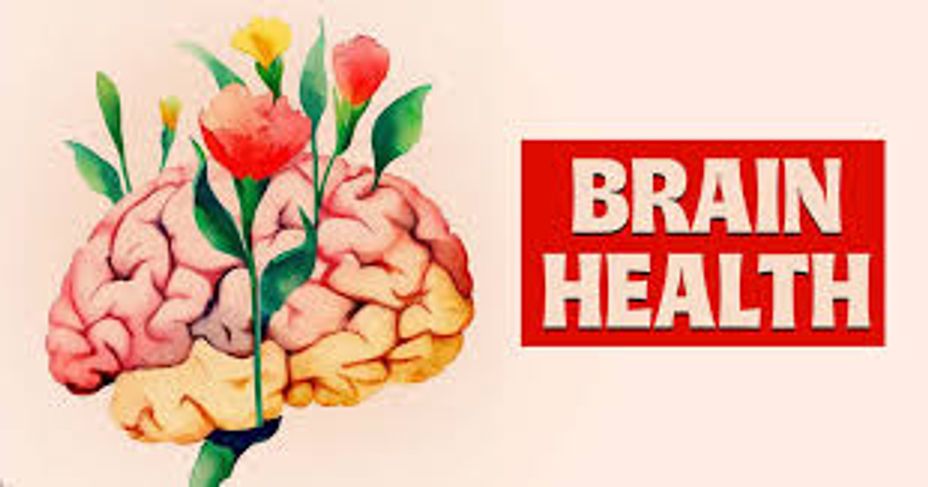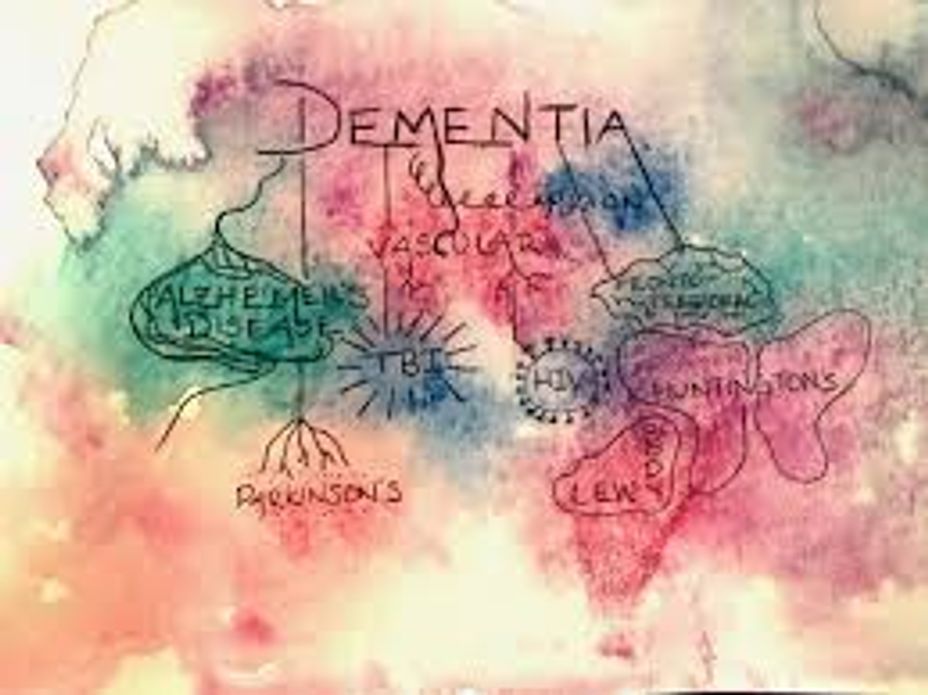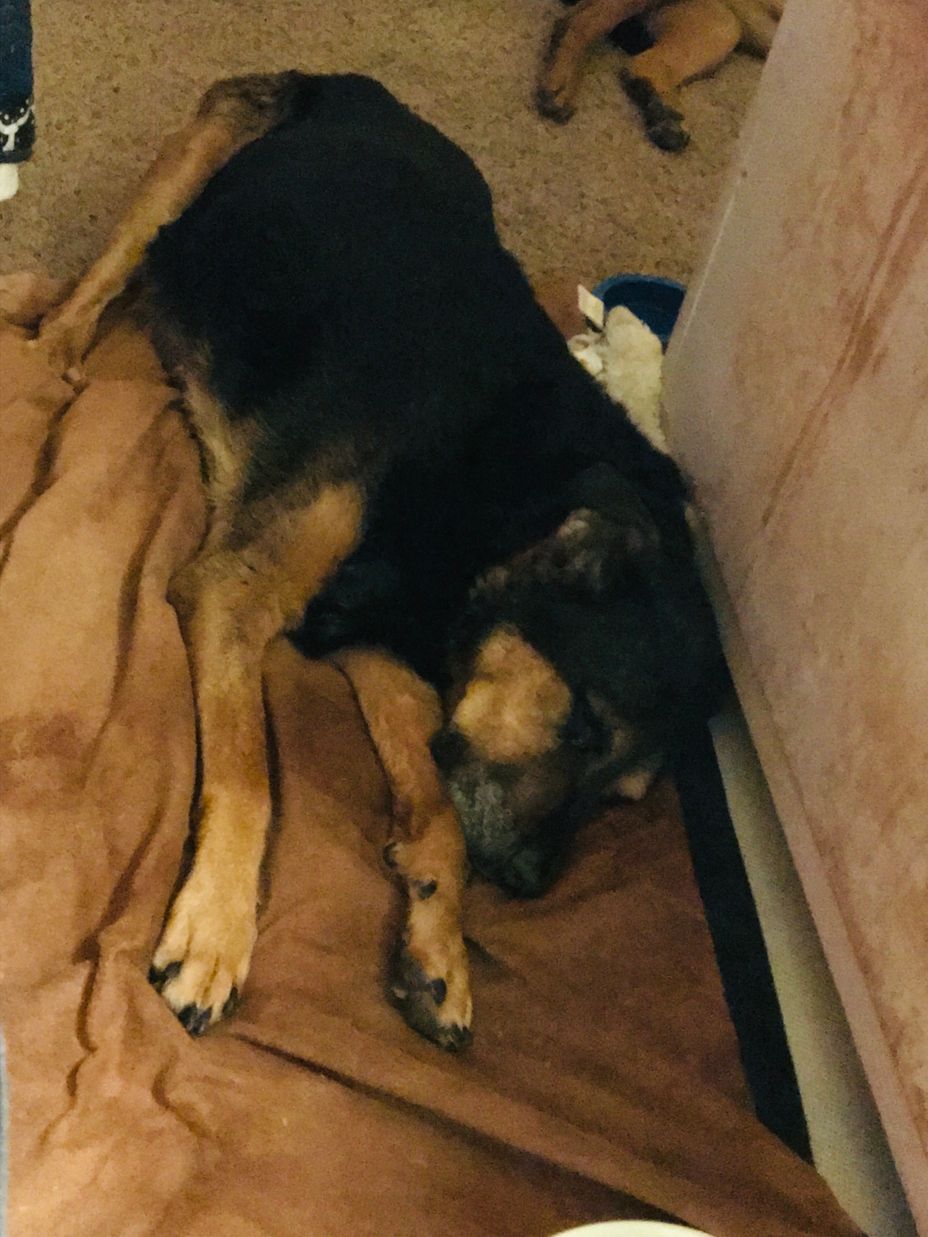Having a rough night #Anxiety #Depression
Tonight was rough at work. It was raining and busy and I had hopes of having a successful night delivering with DoorDash. Since it was busy, I was getting double orders from the same restaurant. About 1/2 way through, I mixed up the orders and had to get that resolved. Then the next batch, I had a hard time finding the apartment in a multiple building apartment complex which took more time then usual. Then, I slipped on a wet sidewalk and fell on the customer's order. All of these things we get rated on and if your rating falls below a certain point you can get removed from the platform. You may say that all of those are just normal things that happen, but for me lately, these things happen too often to just be normal. The mixed up orders were because I didn't closely double check the receipt. I listened to my mind tell me that it was the right one without double checking. Same thing with the finding the apartment. There was a directory at the enterence which would have made it faster and easier, but my mind told me I didn't need to check it. You are supposed to trust your own mind, right? This wasn't the first time this happened. It is one of several over the last month or so.
I recently watched a documentary on Tubi called Robin's Wish. It's about Robin Williams life and struggles with mental health. It's a good watch and very informative but can be triggering. Most people didn't know that he had a degenerative brain disorder called Diffuse Lewy Body Dementia. It was the cause of his mental health decline that contributed to his suicide. It caused paranoia, hallucinations, extreme fatigue, memory and retention problems, motor skill problems, depression and anxiety. After watching this and seeing what he went through before he died, how many similarities he and I have. He had a very active, brilliant mind. I have a very active mind. I have the fatigue, memory and retention issues. I have the self doubt that he had but not the paranoia or hallucinations. I don't think I have Diffuse Lewy Body Dementia but I do feel I am losing my mental abilities. I have really crappy insurance that has a $8500.00 deductible which means until I pay $8500.00 in services my insurance doesn't pay anything. So all of my appointments, tests, etc are out of pocket, which I don't have. So, how do I get help and get treated if I can even afford to see the doctor?
#Anxiety #Depression



